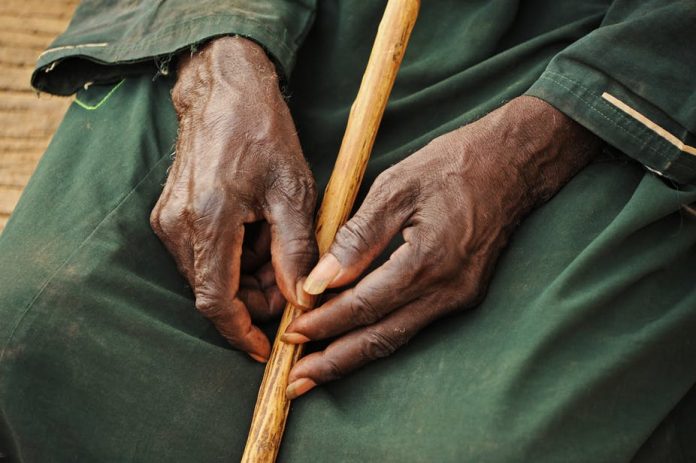By Carlos Riumallo Herl, David Canning & Mark A. Collinson
Population ageing is often associated with health-related challenges. But its effects also reach other spheres of life. In particular, an ageing population has a big impact on countries’ economies. Research shows how it can influence a country’s economic growth. And a similar effect can be found at the household level.
This is of greater relevance given there is a greater share of the population reaching older age across the world. This had made it even more important to understand how ageing influences household well-being, what challenges exist, and – more crucially – how policies can be designed to improve the general welfare.
Our research in South Africa seeks to understand how different social policies can influence health and income at older ages. The idea is to contribute to the development of evidence-based policy making. We believe that our findings are relevant to other developing countries too.
Our research has been conducted under the umbrella of the Health and Aging in Africa: A Longitudinal Study of a community in South Africa. It’s been conducted in 31 villages in rural northeast South Africa, close to the border with Mozambique since 2013. The study, which is ongoing, has involved collecting income and health information on older people approximately every two years.
This is the first study of its kind in Africa but joins a large family of studies that follow the same methodology to explore the links between ageing, income, and health across many countries.
Ageing, jobs and health
Ageing can influence a households’ economic well-being because it has a bearing on employment. In our study, we have seen employment rates drop off even before people reach retirement age. In South Africa, there is no legal retirement age, but men and women qualify for an old age grant at 60.
This means that a large share of older people who are still in active age do not participate in the labour force.
There are two potential explanations for this. One is the very high levels of unemployment in South Africa. This is affecting older people too. Being out of the labour force is strongly associated with lower incomes and thus a lower capacity to consume.



